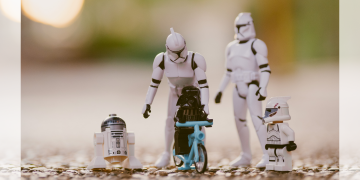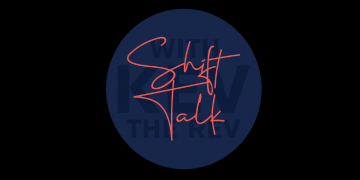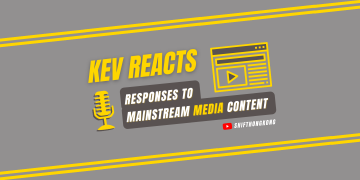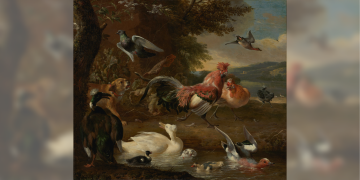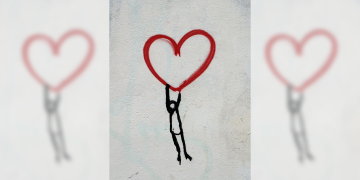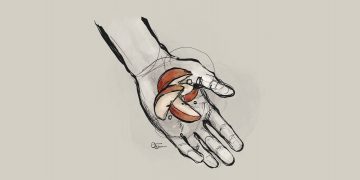(Continued from Part 1)
If we rely too heavily on a dopamine or endorphin rush, we miss out on deeper feelings that come from safe, dependable connections. In our brains, dopamine means fantasy and excitement, not satisfaction. More important in that regard is oxytocin. Domaine and endorphins like the pull towards another person, but oxytocin is like the glue between people.
Oxytocin is arguably one of the most important molecules in our body – it shapes much of how we experience the world, yet is also shaped by our experiences. If you have ever heard of attachment theory in psychology, oxytocin is a big contributor to this process of bonding with other humans straight from birth. It’s powerful because, when we feel real safety, it creates the experience of intimacy and connection. But in the presence of danger, it creates defensiveness and disconnection. These processes help us survive in the world, but depending on our childhood experiences, can also create in us a faulty defense system that perceives neglect or intensity as “true love.”
[Oxytocin is] powerful because, when we feel real safety, it creates the experience of intimacy and connection. But in the presence of danger, it creates defensiveness and disconnection.
Thus, love addicts tend to overvalue others. Imagine them as more handsome or beautiful, more loving, more able to take care of them, obsess about them to the point of valuing them more than they even value themselves. They might have unrealistic expectations of love. And they might neglect their own self-care, giving up responsibility for themselves to throw themselves into the arms of another.
Thus, love addicts tend to overvalue others. Imagine them as more handsome or beautiful, more loving, more able to take care of them, obsess about them to the point of valuing them more than they even value themselves. They might have unrealistic expectations of love.
Consciously there is a fear of abandonment and rejection, and then an unconscious fear of intimacy, since they did not have a good model of it when they were a child. It can be hard or frightening to show up in an intimate way with vulnerability, openness, and honesty without an existing foundation of positive self-worth.
Unfortunately, the amount of fuel towards cheap excitement today is astronomically greater, as well as the risk of disappointment, heartbreak, further addiction, being taken advantage of or lower self-esteem. We have dating apps with unlimited options, hypersexualized shows, romantic novels, porn, graphic comics, or whatever else we could project endless fantasies toward. How can we realistically keep ourselves from bondage to it all?
We need to take a closer look at our feelings toward ourselves and our personal boundaries, to see if they’re in good enough shape for a relationship or the bombardment of sexualized and romanticized content we feed ourselves. We need to get back into the habit of loving and accepting our real selves, because without that, we may find it near impossible to believe that God could love us unconditionally for who we are and what we’ve done. And we need to interrupt unhealthy patterns of dating as a means to feel whole, so that we can first accept our identities primarily as beloved, known, and secure in Christ.
We need to get back into the habit of loving and accepting our real selves, because without that, we may find it near impossible to believe that God could love us unconditionally for who we are and what we’ve done. And we need to interrupt unhealthy patterns of dating as a means to feel whole, so that we can first accept our identities primarily as beloved, known, and secure in Christ.












